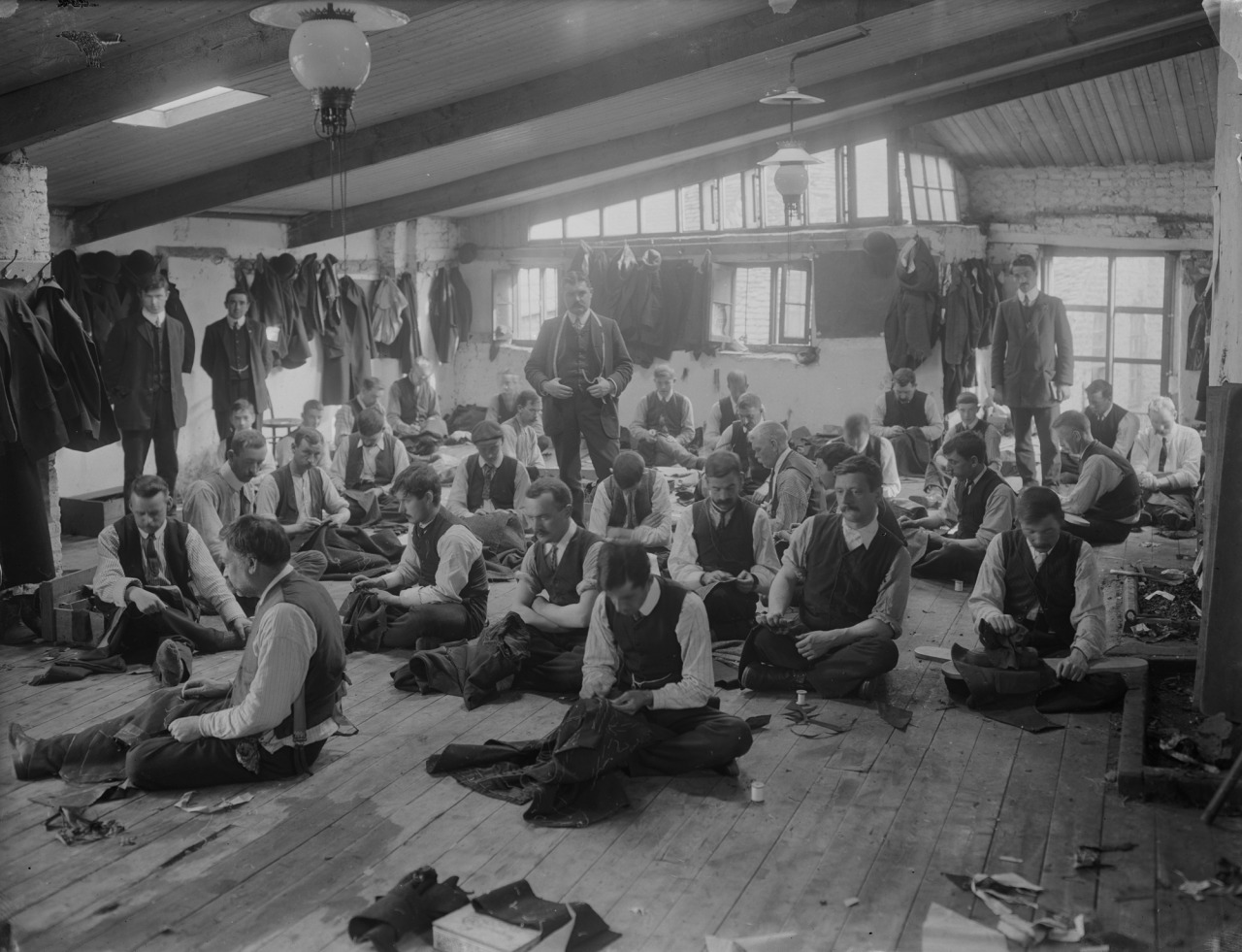Most organizations, these days, are speaking the language of happiness. For some entities it’s just talk, for others a striving everyday.
Employee happiness and engagement are connected. Maybe it’s obvious for you. I come from a view that says your company is not responsible for your happiness. Only you can own that. Whether it’s changing roles, transferring geographically or firing your boss with your feet, it still comes back to you.
Why are so many employees unhappy?
My answers:
Employees make choices that lead to unhappiness. On the whole, we live unbalanced and incongruent lives. The unbalance is found in our willingness to pour mind, body and soul into one area of life, while ignoring another. See the work versus family civil war, many are fighting right now. As someone who used to value my work over my family, it is a civil war. The incongruent part is the BS we tell the world. For example, “family is number one for me.” Nobody is perfect, but if you know you haven’t lived this out in over two years, you’re living incongruently. These are the recipes for unhappiness.
Employers foster unhappiness by the conditions their employees work under. Here’s the deal, if you are a CEO and you expect an employee to get excited about the stock price or last quarter’s earnings, you need a straight-jacket. Happiness and engagement happen when there is a great mission to achieve, something beautiful to create or a dangerous problem to solve. Without those, most will leave, or worse, die and stay.
Employees have defined happiness incorrectly. For me, happiness is fluid. It’s not a genie to be captured in a bottle. If you would have looked at my life yesterday, I would have been 90% happy and 10% unhappy. Those numbers don’t make me special, I just chose to be happy 90% of the day. I chose to be unhappy too. I think many are too fixated on happiness. Like life, happiness is not an arrival point. If we look at happiness as fluid, we’ll be better able to handle the stuff of life. Maybe we’ll find that moments of unhappiness are not the end of the world.
Employers are living in the past. Organizing your company like the industrial revolution happened last year is a disaster. Most employees live life in and around the 21st century. It frustrates the hell out of them when they’re treated like an assembly line worker or treated as if they’re a 4th grader.
In the end, every employer has an agenda. It may be a fit for you, or not. Either way happiness is your animal to wrestle with.



